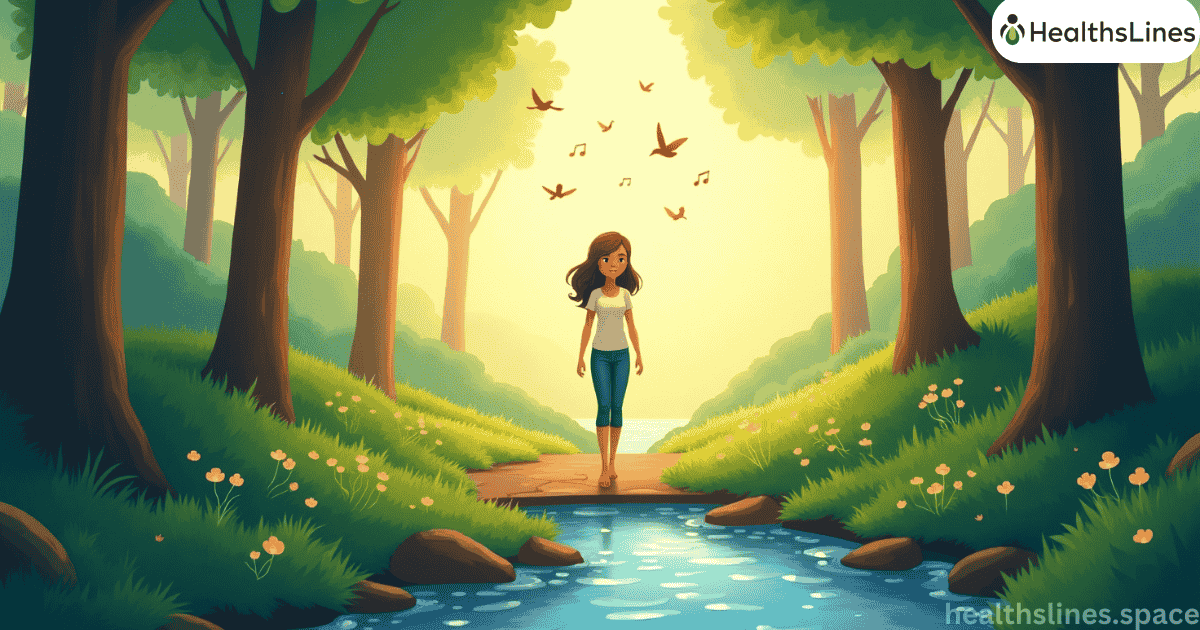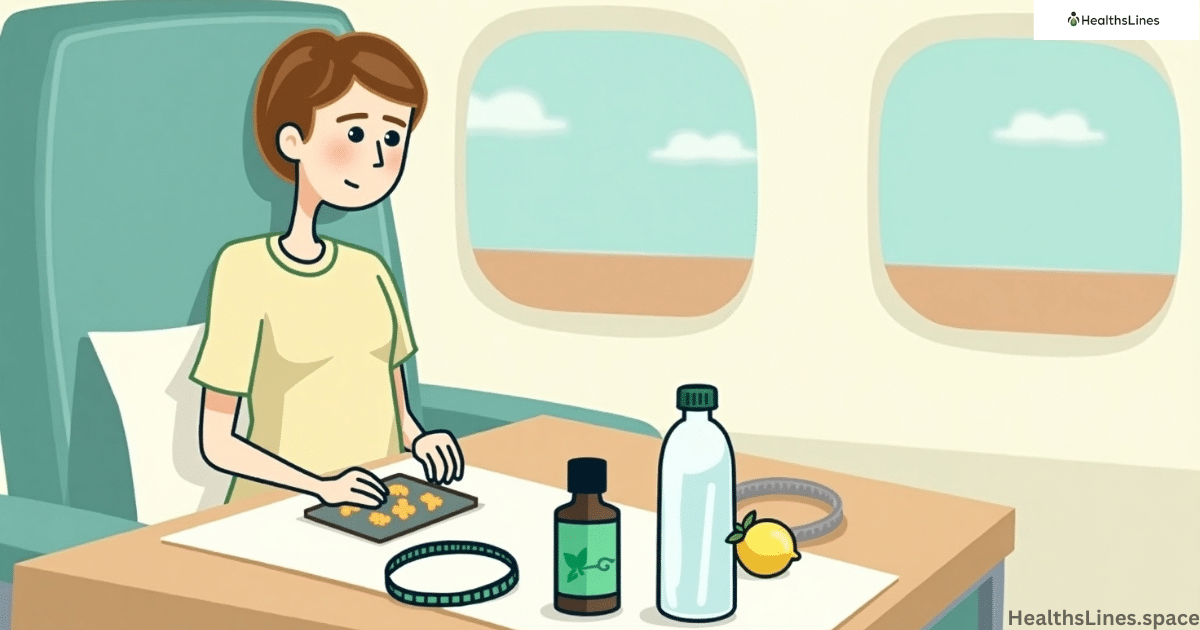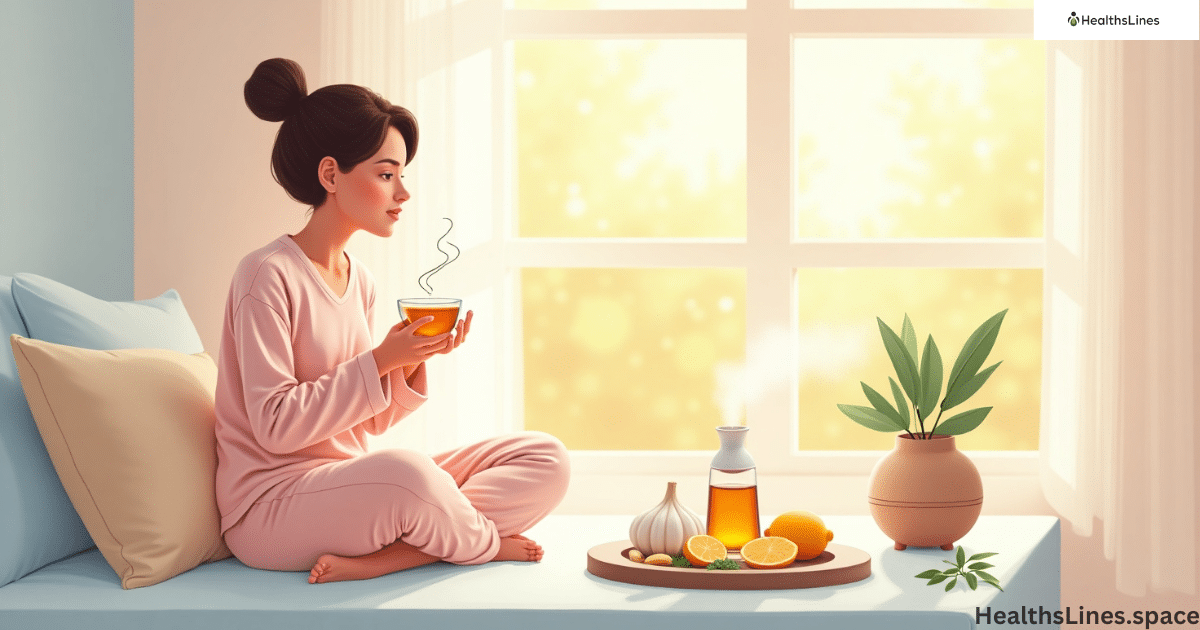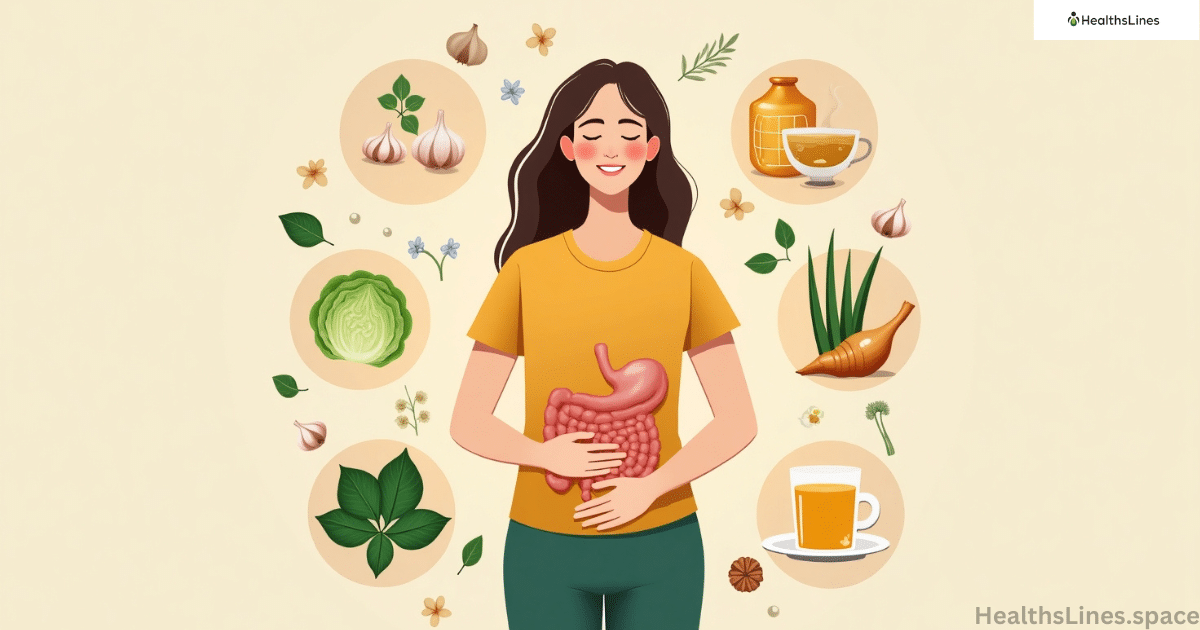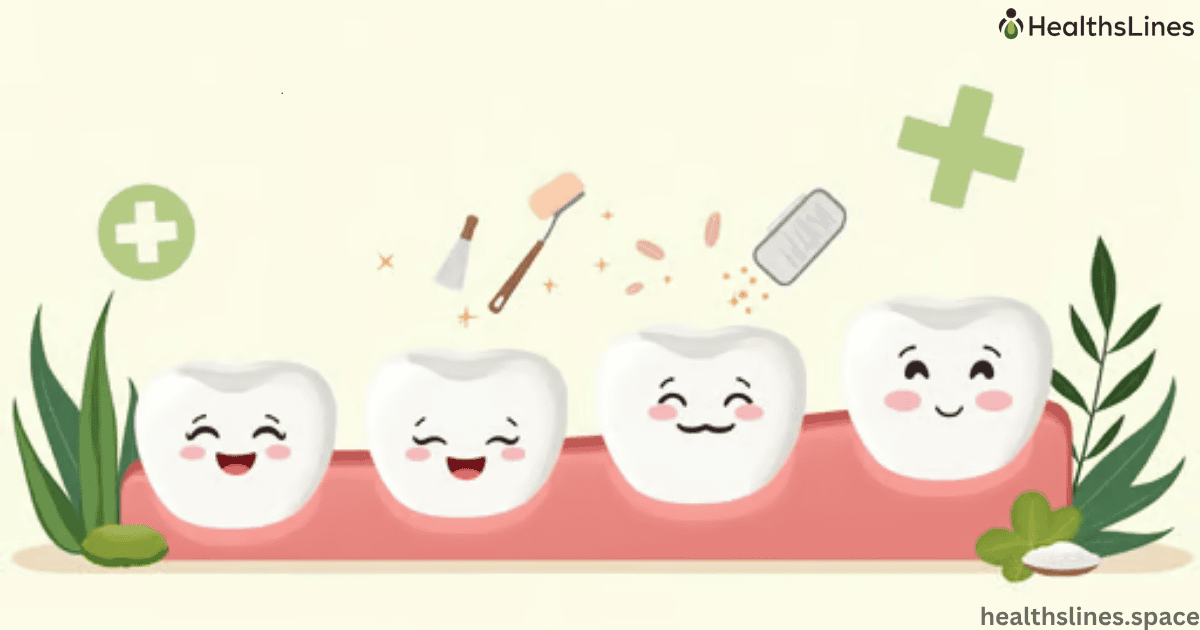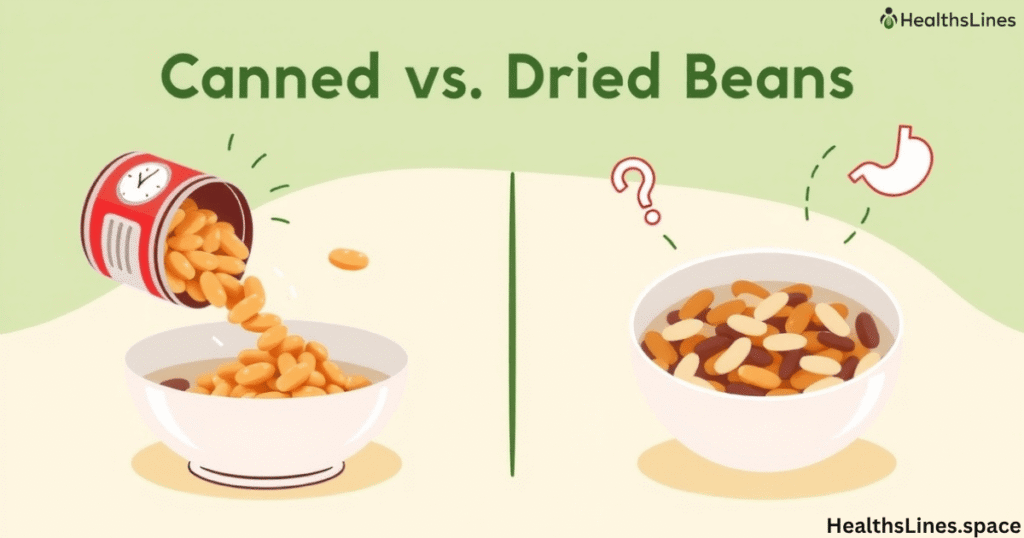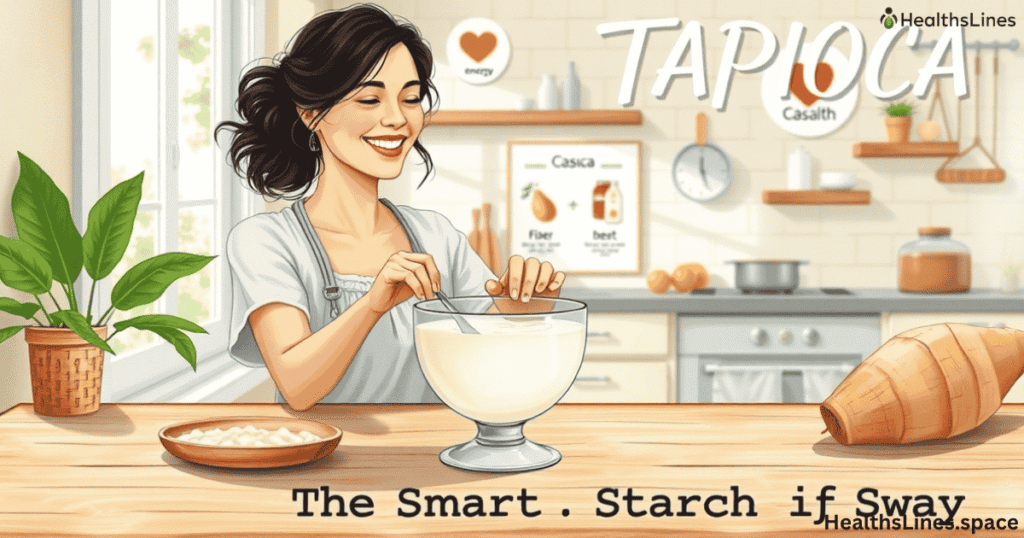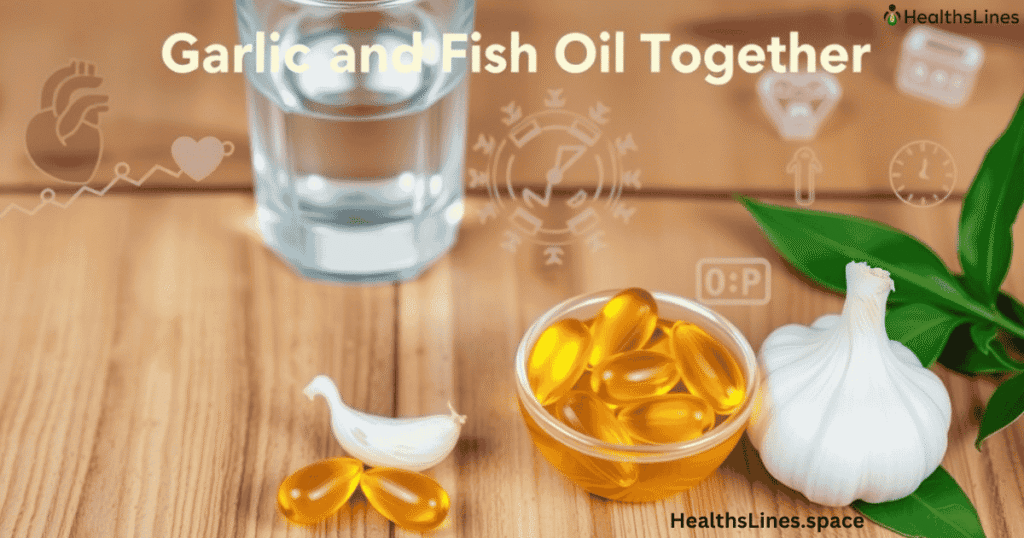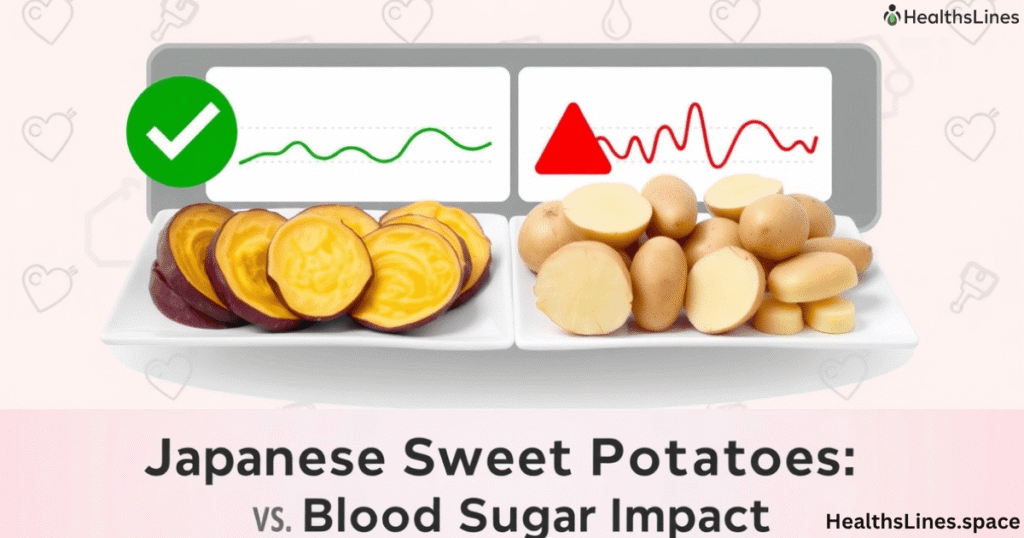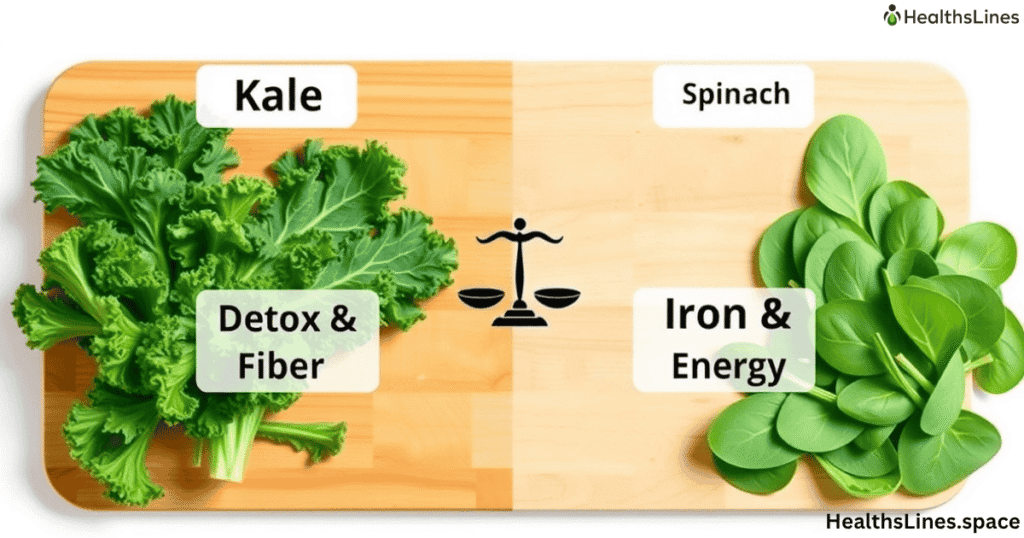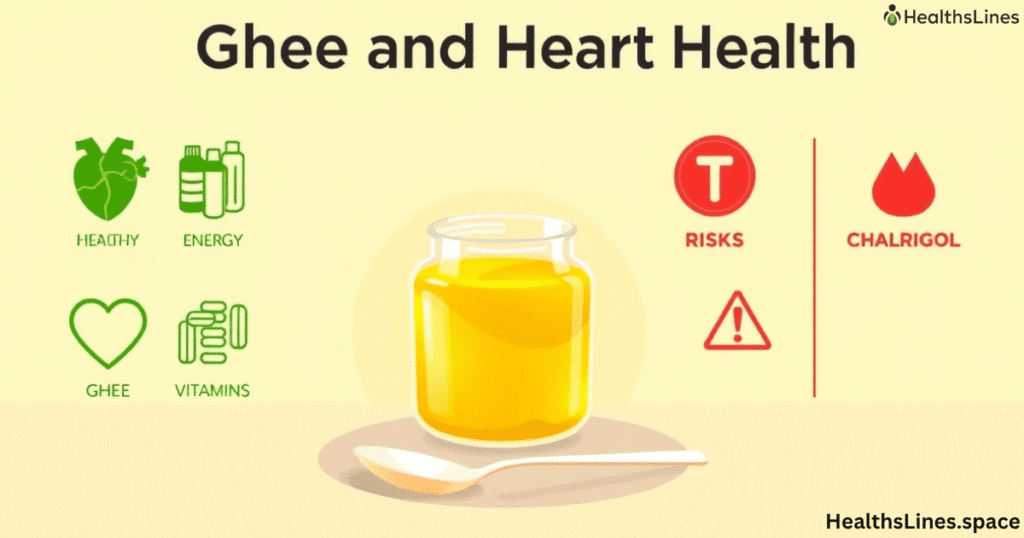Anxiety is a common problem that affects millions of people around the world. It can feel like your mind is racing, your chest is tight, and you’re stuck in fear Reduce Anxiety Remedies. But the good news is, there are natural ways to reduce anxiety that are both safe and effective. If you’re wondering how to calm anxiety naturally, this guide is for you. We’ll explore natural remedies for anxiety that really work, all backed by science, easy to try at home, and proven to help you feel better.
Understanding Anxiety Beyond the Basics
Anxiety isn’t just a passing worry. It can cause real changes in your brain and body. When you’re anxious, your brain’s amygdala sends out a stress signal. This triggers your body to release cortisol, a stress hormone. If this happens often, it can affect your sleep, digestion, memory, and even your immune system. That’s why learning how to manage anxiety without drugs is so important.
There’s a big difference between normal stress and chronic anxiety. Stress usually goes away once the problem is solved. Anxiety sticks around. It can show up as fear, racing thoughts, trouble breathing, chest tightness, or upset stomach. Many people experience both mental and physical symptoms. These can include constant worrying, trouble sleeping, sweating, shaking, and feeling overwhelmed for no reason.
| Symptom Type | Examples |
| Mental Symptoms | Worry, fear, negative thoughts |
| Physical Symptoms | Sweating, tight chest, upset stomach |
How Natural Remedies Help Regulate the Mind and Body
If you want anxiety relief without medication, natural remedies can help. These options don’t work instantly like drugs, but they improve your health over time. Many natural methods reduce stress hormones like cortisol, boost calming brain chemicals like GABA and serotonin, and restore balance to your nervous system.
Holistic treatments for anxiety don’t just fix one symptom. They help your whole body feel better. You might sleep better, think more clearly, and even improve your digestion. A big part of this is the gut-brain connection. When your gut is healthy, your brain feels more relaxed. This is why diet and supplements play such a big role in natural healing.
| Remedy Type | Main Benefit | Speed of Relief | Research Strength |
| Exercise | Reduces cortisol | 2-3 weeks | Strong |
| Magnesium | Eases nervous system | Few days | Moderate to Strong |
| Adaptogens (Herbs) | Balances stress hormones | 1-2 weeks | Growing Evidence |
| Aromatherapy | Calms the nervous system | 15-30 minutes | Strong |
Regular Exercise Improves Mood Chemistry
Moving your body is one of the best natural mood boosters. Exercise releases endorphins, which help you feel happy. It also lowers stress hormones like cortisol. Studies show that people who exercise regularly feel less anxious. You don’t need to do anything intense. A 30-minute walk, dancing to your favorite song, or stretching can improve your mental health Reduce Anxiety Remedies.
There’s a strong link between exercise for mental health and brain chemistry. Physical activity increases dopamine and serotonin, two key brain chemicals that keep you calm and focused. Over time, it rewires your brain to handle stress better. It also improves your sleep, which is vital for healing from anxiety.
Deep Breathing Activates the Body’s Calm Switch
Breathing exercises for anxiety are easy and effective. When you’re anxious, your breathing gets fast and shallow. Deep breathing helps slow your heart rate and calms your nervous system. A popular technique is the 4-7-8 breathing method for anxiety. You breathe in for 4 seconds, hold for 7, and breathe out slowly for 8. Doing this for a few minutes can stop a panic attack in its tracks.
Deep breathing works by activating the vagus nerve. This nerve runs from your brain to your belly and helps you relax. Regular practice can reduce your body’s overall stress response. It’s one of the best non-medication ways to treat anxiety anytime, anywhere Reduce Anxiety Remedies.
Magnesium Calms the Nervous System
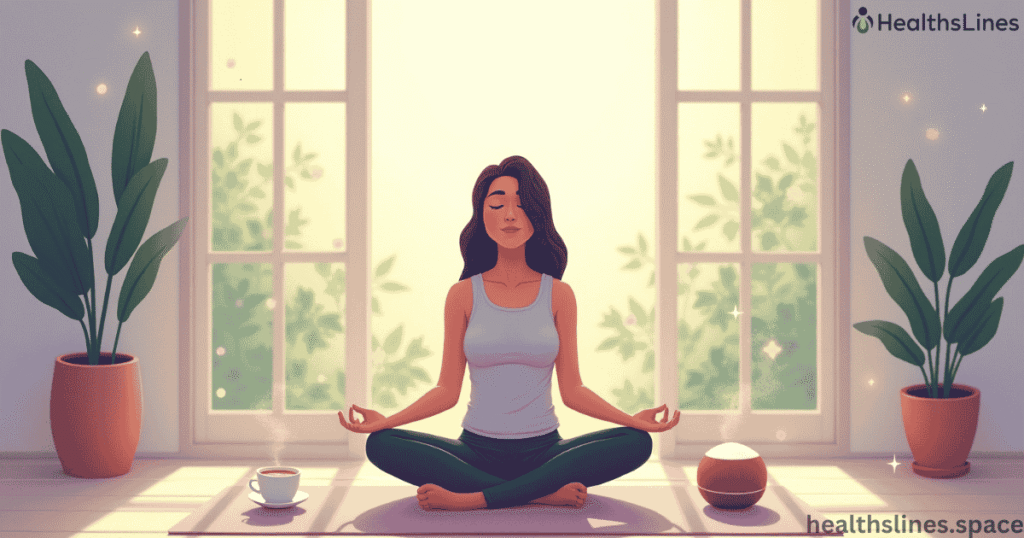
If you feel anxious often, your body might be low in magnesium. This mineral helps your muscles relax and supports healthy brain function. Magnesium for anxiety relief is well-studied. It boosts GABA, a calming neurotransmitter, and lowers stress hormones. Many people with anxiety benefit from magnesium glycinate or citrate.
Foods rich in magnesium include spinach, pumpkin seeds, almonds, and dark chocolate. Adding these to your diet or taking a supplement may help you feel more at ease. Here are a few foods high in magnesium for stress:
| Food | Magnesium (mg per serving) |
| Pumpkin Seeds | 150 |
| Spinach | 78 |
| Almonds | 76 |
| Dark Chocolate | 64 |
Adaptogenic Herbs Like Ashwagandha Regulate Stress
Adaptogens for stress are natural herbs that help the body handle anxiety better. Ashwagandha is one of the best known. It lowers cortisol levels and helps balance the stress response system. This makes it a powerful option in natural anxiety treatment.
You can take ashwagandha in capsules, powders, or teas. Other helpful natural herbs that reduce cortisol include Rhodiola, Holy Basil, and Schisandra. They don’t work instantly, but with regular use, they support your nervous system and increase your resilience.
Chamomile Tea Soothes Tension and Aids Sleep
Chamomile is one of the top calming herbs for anxiety. It contains apigenin, a compound that binds to brain receptors and creates a sedative effect. Drinking chamomile tea can help you fall asleep faster and feel less stressed. It’s gentle and safe for most people.
One or two cups a day is often enough to feel the benefits. Many people find it helps reduce physical tension and racing thoughts. Chamomile tea for stress and sleep is a great evening ritual to add to your day.
Limit Caffeine to Prevent Spikes in Nervous Energy
Caffeine is a stimulant that increases heart rate and triggers adrenaline. For people with anxiety, it can make symptoms worse. Cutting back on coffee, energy drinks, or even chocolate can lead to noticeable relief. This is a smart lifestyle change to reduce anxiety.
Switching to green tea for anxiety can help. It contains L-theanine, a compound that promotes calm without drowsiness. Green tea is a great compromise for people who still want a gentle energy boost.
Omega-3 Fatty Acids Support Brain Health
Your brain needs healthy fats to function well. Omega-3 fatty acids reduce inflammation and support mood regulation. They are found in fatty fish like salmon, as well as walnuts and chia seeds. Supplementing with fish oil has been shown to lower anxiety levels Reduce Anxiety Remedies.
Some people with anxiety have imbalanced brain chemistry that omega-3s can help correct. Adding these fats to your diet is an easy step toward natural solutions for anxiety.
Journaling Creates Mental Distance From Worry
Writing down your thoughts gives you power over them. Mental health journaling prompts like “What am I afraid of right now?” or “What can I control today?” can help untangle your mind. This form of writing therapy for anxiety gives your brain a safe space to release tension.
Journaling every night can help you see patterns, gain clarity, and feel more grounded. It also helps process emotions, which often get bottled up during the day. This is one of the most personal and powerful anxiety-reducing techniques available.
Aromatherapy Stimulates Relaxation Responses
Smell is directly linked to memory and emotion. Essential oils for anxiety, such as lavender, frankincense, and bergamot, can quickly shift your mood. These oils affect the limbic system, the emotional center of the brain.
You can use oils in a diffuser, apply them to your wrists, or add them to a warm bath. Lavender is especially known for reducing restlessness and tension. Aromatherapy is one of the fastest-acting natural remedies for anxiety when used correctly.
Meditation Reshapes Thought Patterns Over Time
Mindfulness meditation for anxiety teaches your brain to pause, notice, and accept what you’re feeling. Over time, it changes how your brain reacts to stress. People who meditate daily report feeling more calm, even during difficult times.
Apps like Headspace, Calm, and Insight Timer offer easy guided sessions. These tools support best apps for meditation and stress relief and are a great place to start. Meditation builds emotional awareness and strengthens your ability to stay present Reduce Anxiety Remedies.
Acupuncture Balances Energy and Cortisol Levels
This ancient Chinese technique involves placing thin needles into specific points on the body. It may sound strange, but acupuncture for anxiety is backed by modern research. It helps lower anxiety and cortisol levels and balances your energy system.
Many people say they feel more centered and relaxed after treatment. It’s best done by a licensed practitioner who understands mental health support.
L-Theanine Promotes Calm Without Drowsiness
L-theanine is a natural compound found in green tea. It increases alpha brain waves, which help you feel relaxed but alert. For those who don’t want drowsiness, it’s a great alternative to medications. It works well when taken as a supplement or with green tea.
This is one of the most reliable supplements for anxiety and stress and is often paired with magnesium for added benefit.
Melatonin Regulates Rest and Recovery Cycles
People with anxiety often struggle to sleep. Melatonin is a hormone that tells your body when it’s time to sleep. Supplementing melatonin can improve sleep quality and help your body recover from stress. How to sleep better when you have anxiety often starts with restoring your natural rhythm.
Be sure to use melatonin in small doses and only at night. Consistency and sleep hygiene matter more than quantity.
B Vitamins Fuel Brain Resilience
B vitamins for mental health support energy, focus, and mood. B6 and B12 are especially important for making brain chemicals like serotonin. Low levels can lead to fatigue and worry.
Good food sources include eggs, leafy greens, lentils, and whole grains. You can also use a B-complex supplement for a balanced dose Reduce Anxiety Remedies.
When to See a Professional and How Natural Remedies Fit In
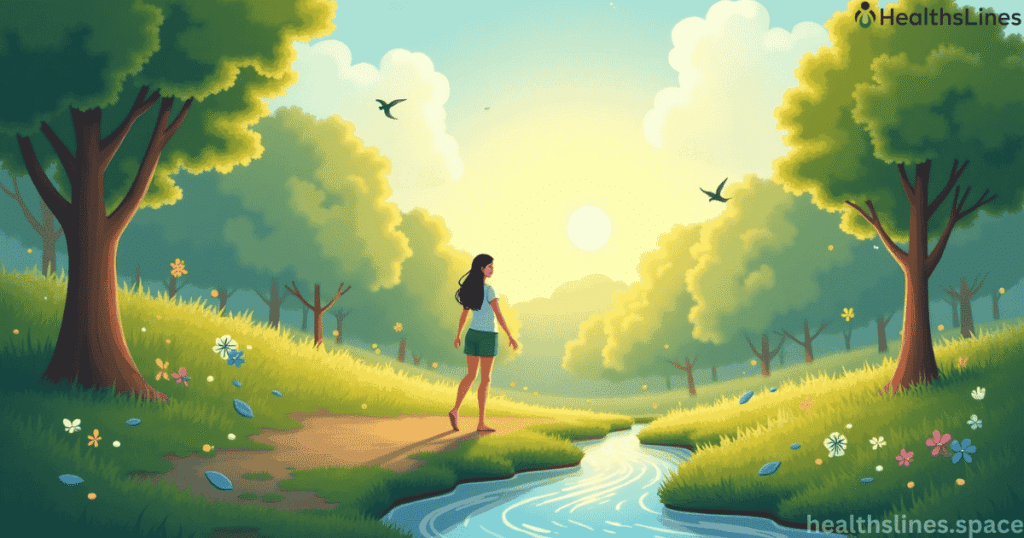
While natural anxiety treatments are powerful, they aren’t a substitute for medical care. If your anxiety causes panic attacks, constant fear, or interrupts your daily life, talk to a therapist or doctor. Natural methods can still help, but they work best when paired with guidance from a professional.
Here’s a quick guide for when to get extra help:
| Situation | Recommendation |
| Panic attacks, chest pain | See a therapist or doctor |
| Daily life is disrupted | Get a mental health plan |
| Natural methods don’t help | Explore medication options |
Final Thoughts
You don’t have to do all 14 methods at once. Choose two or three that feel easy to try. Then build them into your daily life. Maybe start the day with a walk, take magnesium with dinner, and write before bed. Small changes lead to big shifts over time.
Remember, healing is a journey. Your brain is flexible. Your body can recover. There are many natural ways to reduce anxiety, and you have options. Try what works for you and take it one day at a time.
